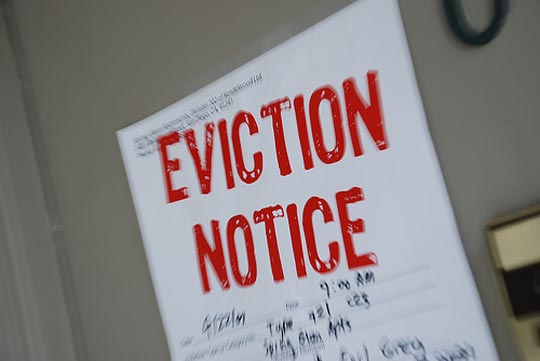July 1st, 2012
What is the Latest News from the Victoria, B.C. Council?
This real issue is whether or not Victoria landlords are benefiting from B.C. government money (directly or indirectly) by illegally housing tenants who receive government rental or income assistance.
What does this Mean?
It’s a serious situation. It leaves the City of Victoria in the unenviable position of having to evict weak tenants out of their rental properties.
What is the Victoria City Council Going to Do?
The City of Victoria council voted unanimously to, wait for it, write a letter to the province. The letter included (1) a request that it take more precautions to ensure recipients of rental assistance or other income assistance are living housing that is properly zoned and permitted.
Councillor Madoff said: “A property will come forward, where the city has become aware, via a complaint, that there may be illegal occupancy or work done without a permit.”
She continued by stating: “What happens is we’re the ones that are put into an enforcement role. (That) can result in people being displaced from their accommodation, when many of them are actually having their rent paid or subsidized through the provincial government.”
Furthermore: “It’s happened several times in the last few months” Madoff complained.
What are Some Examples?
For instance, this spring bylaw officers discovered an totally illegal rooming house at 830-832 Queens Ave. The rooming house contained 10 to 12 unrelated adults. The landlord was even living in an illegal suite located inside the duplex!
“We feel that there should be some due diligence on the part of the provincial government to make sure that when they are putting folks in accommodation, that the accommodation is legal for the use,” Madoff said. “It’s just been really difficult for us on the planning committee, because we feel like we’re the ones displacing folks.”
What Does the Ministry of Social Development Say?
A spokesperson with the Ministry of Social Development, which is responsible for housing, said responsibility lies with the landlord and the municipality.
“Under the Residential Tenancy Act, landlords must comply with health, safety and housing standards required by law,” the spokesperson wrote in an email to the News. “This includes local government bylaws.
The spokesperson continued by stating: “If the city is having zoning issues with privately owned landlord buildings, then that is a municipal responsibility; B.C. has no jurisdiction. Local government has the responsibility and the authority to enforce their own bylaws.”


















